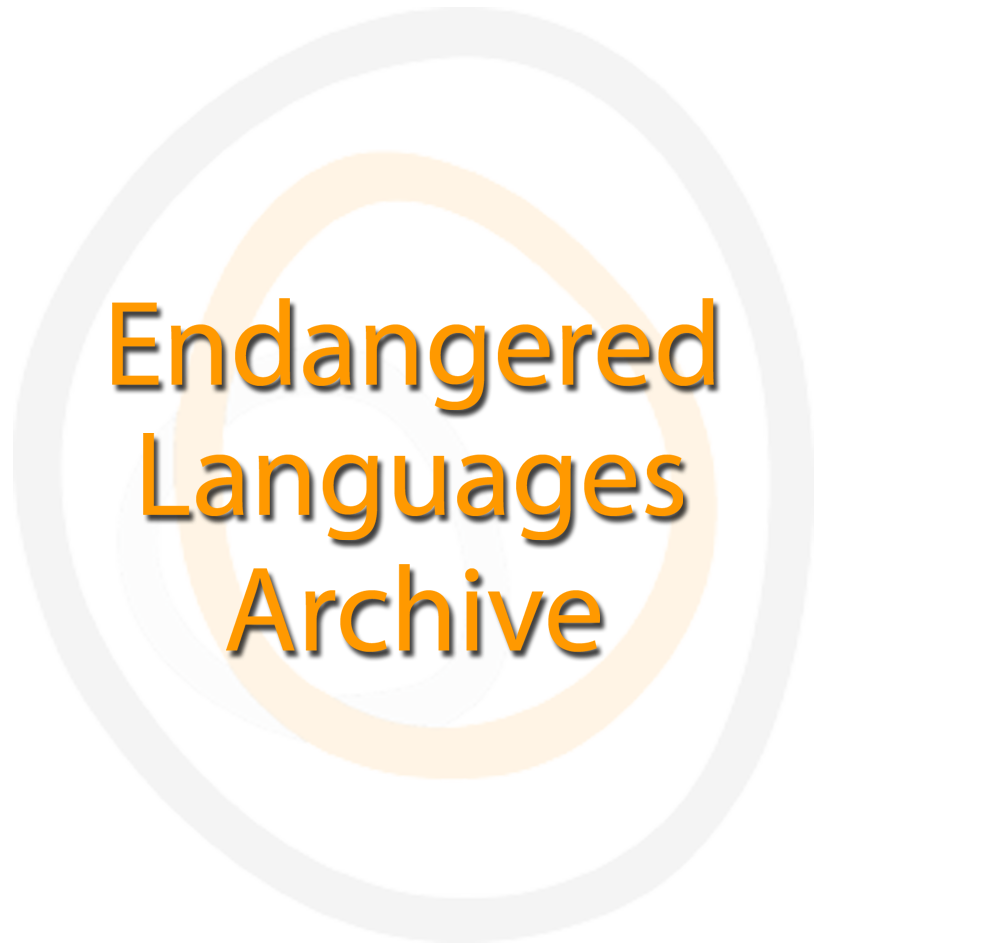A grammar of Oroha
| Language | |
| Depositor | Darren Flavelle |
| Affiliation | Victoria University of Wellington |
| Location | Solomon Islands |
| Collection ID | 0600 |
| Grant ID | IGS0361 |
| Funding Body | ELDP |
| Collection Status | Collection online |
| Landing Page Handle | http://hdl.handle.net/2196/3eb1dd90-85d8-43f6-a980-e23ca3f7188f |
Summary of the collection
Oroha is primarily spoken in four villages on the southern tip of Maramasike. This collection contains a variety of different types of speech events in Oroha and explanations of – or at least queries into – those events in translation. It investigates the structures found in Oroha’s phonology, morphology, and syntax and how those are used in the discourse of the language for the purpose of creating a grammar of the language.
This data was collected by Darren Flavelle, linguist and principal investigator, with the boundless help and gracious collaboration with the Oroha community.
The collection includes data in its raw formats as well as annotated, and time-aligned video and audio of the documentation of stories, conversations, and elicitation sessions with members of the Oroha community.
Group represented
This collection is a representation of the Oroha people and their language. The Oroha people come from the island of Maramasike, also known as Small Malaita, near the southern tip of the island. They are surrounded by other cultural groups, with their own languages, and while they are similar in many respects, there are a good deal of distinctions between them, both linguistically and culturally. The Oroha people claim to be the inventors of the pan-flute in their part of the world and have different kinds of pan-flutes (mostly ranging in size for a lower or higher pitch) for different types of songs and occasions paired with singing, chanting, and sometimes wooden drums.
Collection contents
Upon the completion of this project this collection shall hold the following:
– 35 hours of audio recordings
– 35 hours of video recordings
– 23 hours of annotated recordings
– Photos of the documentation process, the contributors, and village life
– Digitised field notes, consent forms, and any other written materials that have come from the project.
The recordings will be of stories, conversations, and elicitations on multiple topics; for example, a story might be a traditional kastom story of the Oroha people, or a story of one’s travels to Honiara. A conversation might about a fishing trip, or a family member, or any myriad of other things, elicitations will be for syntactic analysis, the completion of paradigms, and other forms of linguistic work. Each recording will be labelled with the genre of recording and the topic(s) discussed within.
Acknowledgement and citation
Any users of this collection should acknowledge Darren Flavelle as the principle investigator, data collector, and researcher of this documentation. It should be acknowledged that this collection would not be possible without funding from the Endangered Languages and Documentation Programme. Individual speakers whose words are used, and any other contributors to the collection should be acknowledged by name given in the metadata of the project.
To refer to any data from the collection, please cite as follows:
Flavelle, Darren. 2019. A grammar of Oroha. Endangered Languages Archive. Handle: http://hdl.handle.net/2196/00-0000-0000-0014-0D0A-E. Accessed on [insert date here].


